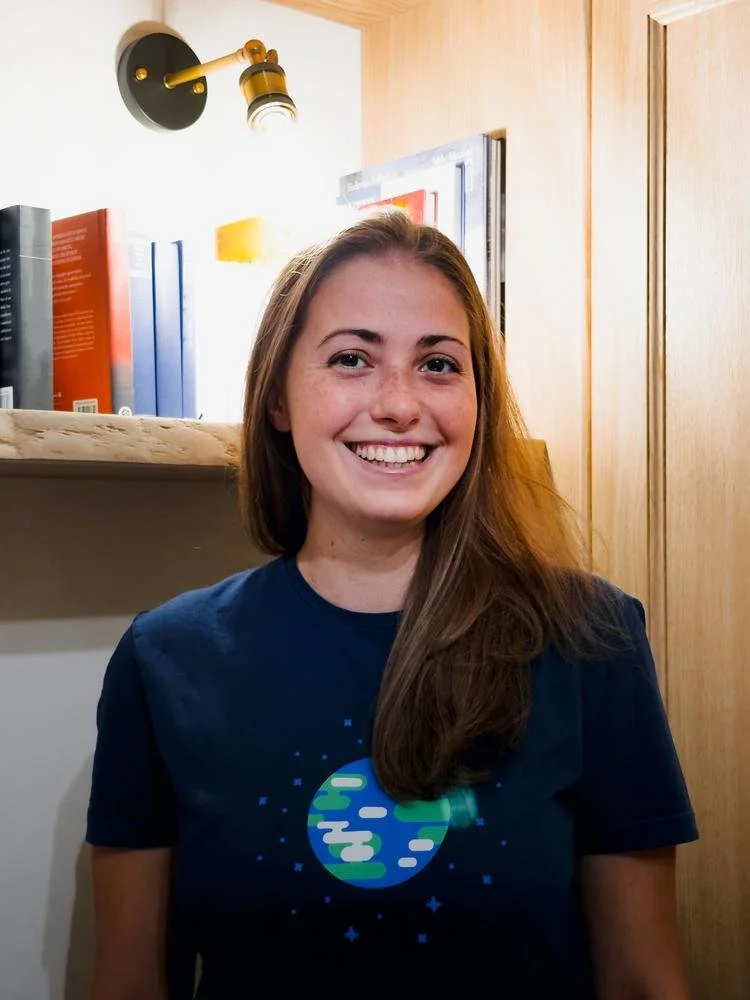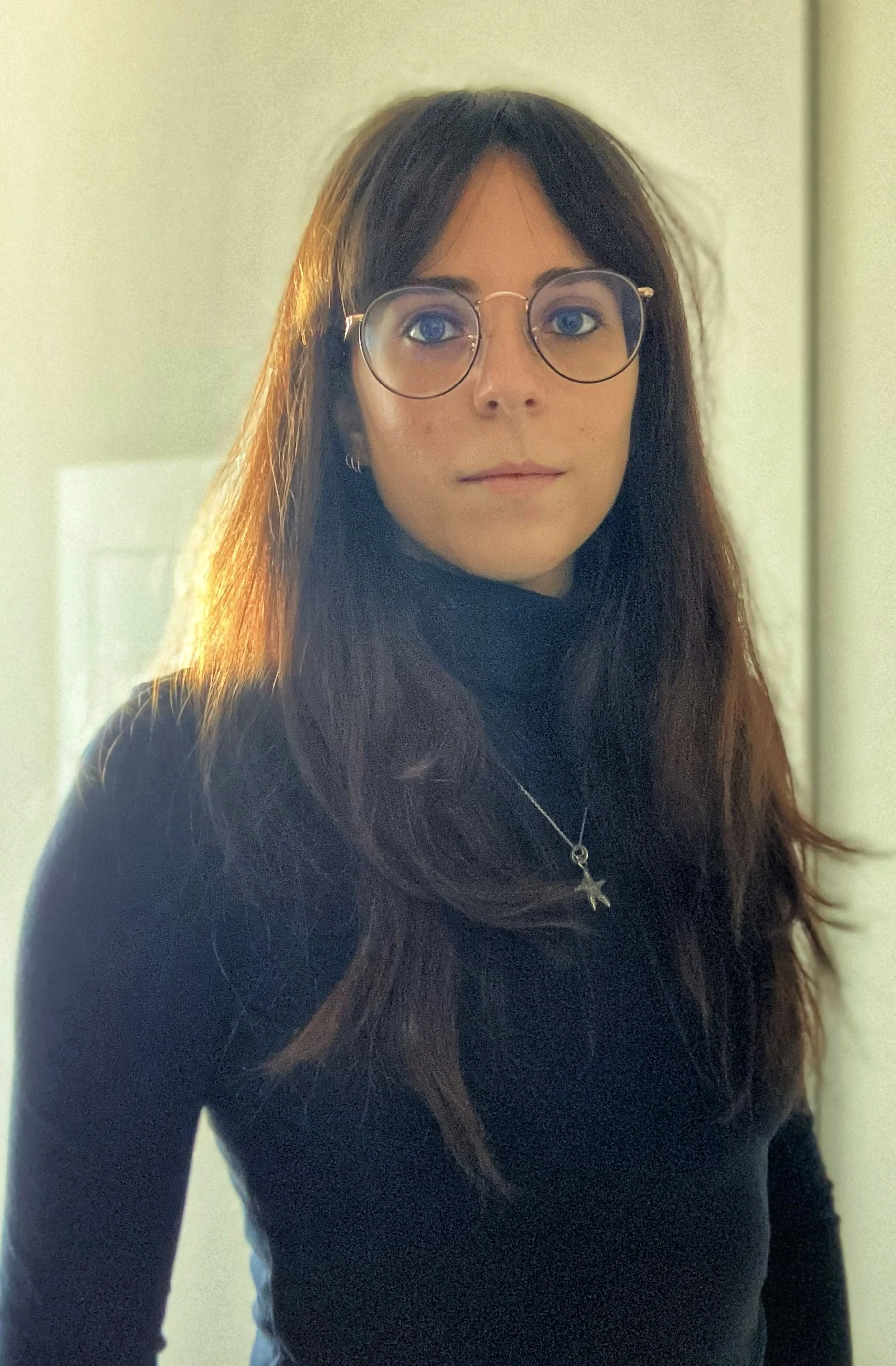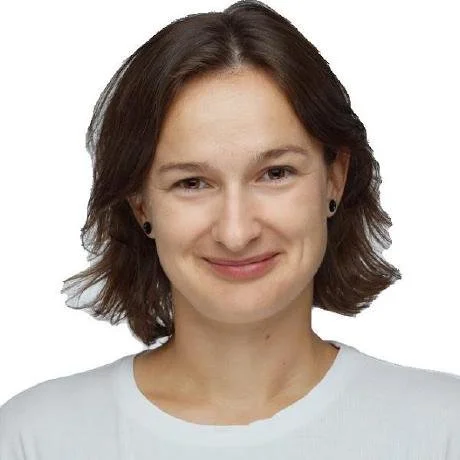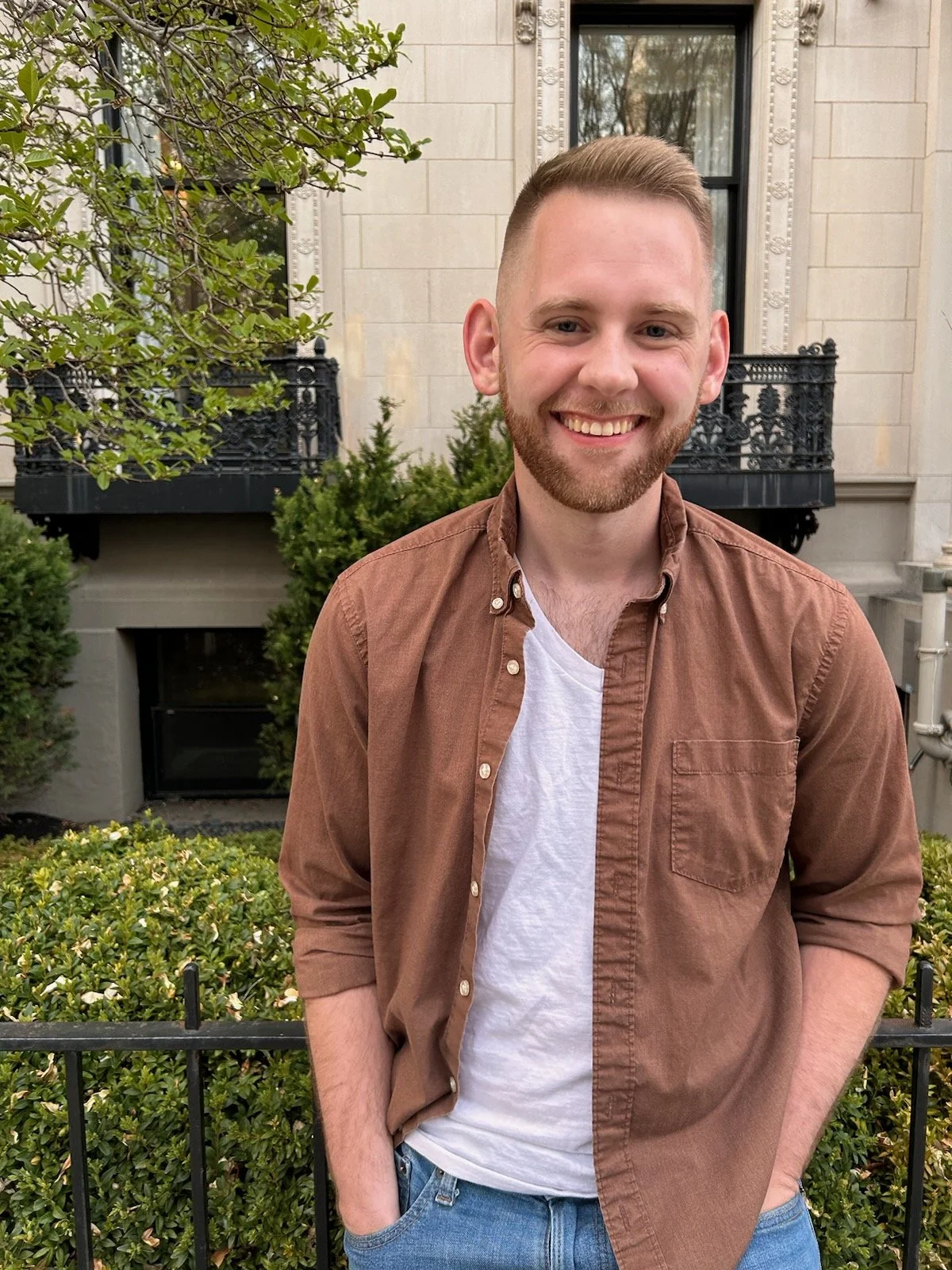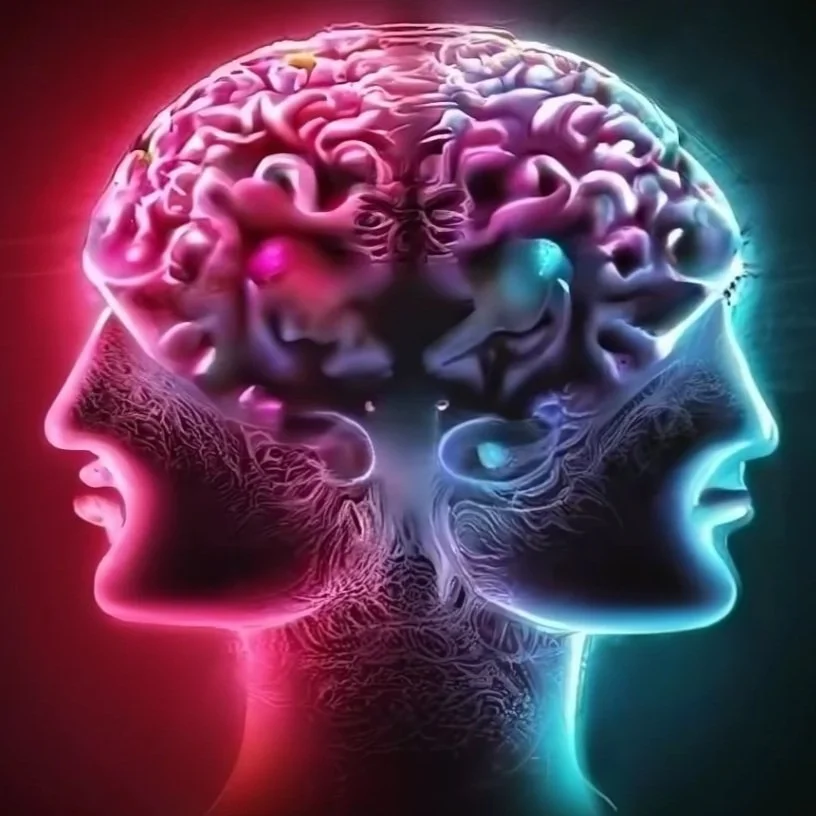
The Sixth International Conference on the
Mathematics Of Neuroscience and AI
May 27-30th, 2025
Radisson Blu, Split, Croatia
Two decades into the 21st century, how close are we to a unified mathematical model of intelligence?
In this exploratory symposium, we invite submissions presenting mathematical models of brain function or computational ideas about intelligence.
We give priority to those models that can account for brain or behavioural data, or state-of-the-art results in artificial intelligence on naturalistic tasks.
Keynote Speakers
-

Professor Wolfgang Maass
Technische Universitat Graz
-

Professor Eve Marder
Brandeis University
-

Professor Christine Constantinople
New York University
-

Professor Jay McClelland
Stanford & DeepMind
-

Dr Kim Stachenfeld
Google Deepmind
-
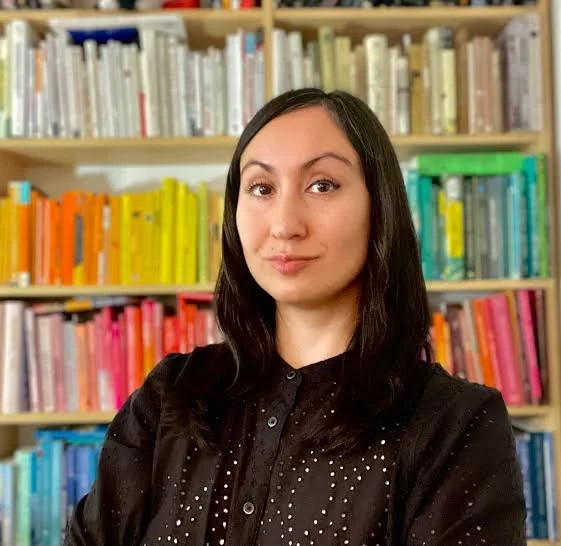
Dr Ida Momennejad
Microsoft Research
-

Professor Jürgen Schmidhuber
KAUST, IDSIA
Session Chairs
Zuckerman Institute, Columbia
Neural Data
The neural basis of cognition is not going to be solved by maths alone. We need rich behavioural data and flourishing collaborations between experimentally and theoretically minded folk. In this session, talks will explore new and exciting neural data—whether it be fMRI, electrophysiology, or otherwise—that may or may not yet have an explanation, with a particular focus on data that points to new computational paradigms in brain processing.
Session Chairs
Dr Valeria Fascianelli (Zuckerman Institute, Columbia)
Dr Francesca Mignacco (Princeton)
Keynote Talks
Professor Wolfgang Maass (Technische Universität Graz)
Professor Eve Marder (Brandeis University)
Invited Talks
Professor Alex Cayco-Gajic (ENS)
Dr Jenelle Feather (Flatiron Institute)
Dr. Joao Barbosa (Institute for Neuromodulation)
Dr. John Vastola (Harvard University)
Spotlight Talks
Isabel M Cornacchia (University of Edinburgh)
Philipp Werthmann (Institute for Neuromodulation)
Rajat Saxena (Norwegian University of Science and Technology)
Svenja Küchenhoff (University of Oxford)
Alon Baram (University of Oxford)
Ruben Tammaro (University of Tübingen, Germany)
Neural Theory
While neuroscientists have increasingly powerful deep learning models that predict neural responses, it is not clear that these models are correspondingly increasing our understanding of what neurons are actually doing. In this session, we will take a more mechanistic approach to understanding how networks of neurons afford complex computations, both by considering mechanistic neural models along with mathematical theories that say how neurons should behave and crucially why they behave that way.
Session Chairs
Dr James Whittington (University of Oxford; Stanford University)
Yasmine Ayman (Harvard)
Keynote Talks
Professor Christine Constantinople (New York University)
Invited Talks
Dr Juan Gallego (Imperial)
Professor Vijay Namdoodiri (Weill Institute for Neurosciences, UCSF)
Professor Annegret Falkner (Princeton Neuroscience Institute)
Dr Francesca Migancco (Princeton University)
Dr Valeria Fascianelli (Columbia)
Dr Chris Hillar (New Theory AI)
Spotlight Talks
Jesseba Fernando (Northeastern University)
Albert Albesa Gonzalez (Imperial College London)
Dr Alexander Rivkind (Cambridge)
Joseph Warren (Sainsbury Wellcome Centre - UCL)
Samuel Liebana (UCL)
Session Chairs
Harvard / MIT
Harvard / MIT
Cognitive Science
Design by Amey Zhang
How should an intelligent agent behave in order to best realize their goals? What inferences or actions should they make in order to solve an important computational task? Cognitive science aims to answer these questions at an abstract computational level, using tools from probability theory, statistical inference, and elsewhere.
In this session we will discuss how such optimal behavior should change under different conditions of uncertainty, background knowledge, multiple agents, or constraints on resource. This can be used to understand human behavior in the real world or the lab, as well as build artificial agents that learn robust and generalizable world models from small amounts of data.
Session Chairs
Dr Ruairidh Battleday (Harvard / MIT)
Dr Colin Conwell (Harvard / MIT)
Keynote Talks
Dr Kim Stachenfeld (Google DeepMind)
Dr Ida Momennejad (Microsoft Research)
Invited Talks
Professor Bonan Zhao (Edinburgh)
Professor Lisa-Marie Vortmann (University of Groningen)
Dr Mathias Sablé-Meyer (Harvard / MIT)
Dr. Dan Nicolau (King’s College)
Professor Eran Eldar (Hebrew University of Jerusalem)
Spotlight Talks
Aslan Satary Dizaji (University of Michigan)
Ishan Kalburge (University of Cambridge)
Kai Sandbrink (University of Oxford)
Dr Paxon Frady (UC Berkeley)
Li Wenjie (Carnegie Mellon Univeristy)
Dr Anita Keshmirian (Forward College Berlin)
Session Chairs
Dr Ivana Kajic
Google Deepmind
Brown University
Artificial Intelligence
Machine learning and artificial intelligence (AI) aim to create algorithms that solve difficult problems and simulate complex intelligent behavior. Many of these algorithms are based on findings and theory from the study of the brain and mind.
Recent rapid advances in these fields have seen the creation of algorithms and agents that can—finally—solve complex real-world problems across a wide range of domains. What are these advances, and how can we take them further? What remains beyond their capacity, and how can we overcome that? What might forever lie beyond their capabilities—or will anything?
Session Chairs
Michael Lepori (Brown University)
Dr Ivana Kajic (Google DeepMind)
Keynote Talks
Professor Jay McClelland (Director, Center for Mind, Brain, Computation and Technology, Stanford)
Professor Juergen Schmidhuber (Director, KAUST AI Initiative)
Invited Talks
Spotlight Talks
Can Demircan (Helmholtz Munich)
Professor Constantine Dovrolis (The Cyprus Institute / Georgia Tech)
Dr Venkatakrishnan Ramaswamy (Birla Institute of Technology & Science Pilani)
Andrea Albert (HUN-REN Wigner Research Centre for Physics)
Domonkos Martos (HUN-REN Wigner Research Centre for Physics)
Jack Brady (Max Planck Institute for Intelligent Systems)
About the conference
One of the major scientific projects of the 20th century was the study of computation. We could build devices that could carry out some of the operations previously only possible in the human mind. This analogy and perspective has proven extremely productive, with neural and cognitive theories inspiring the development of powerful algorithms, and vice versa in the computational study of the brain and mind.
In this convention we aim to identify and develop novel computational frameworks for the study of the brain and mind, and take those findings back into the creation of novel algorithms for solving difficult problems and simulating intelligence.
Our content comes from four main fields: neural data, neural theory, cognitive science, and machine learning / artificial intelligence (AI). Each of these fields has developed a distinct computational language and set of concepts pertaining to a set of overlapping underlying principles.
By bringing leading researchers together from these fields together in on-line and off-line settings, we aim to build bridges between them, such that novel findings, insights, and frameworks can take spark.
NeuroMonster Art Salon
Thursday, May 29 (17:30) @ Radisson Blu Hotel
You're coming to Croatia for science. But you're more than that. Bring your human side, the feathery thing that likes stories, art or music to our Arts Salon.
The Neuromonster Arts Salon will be an informal chance to share creative works and talk (neuroaesthetic) ideas after a day of keynotes and panels.
If you’re keen to:
- Play music
- Give a reading of your favourite fiction, poetry, or nonfiction (related to intelligence, or not)
…or to share some other form of art you make (Painting? Graphic novel? Sculpture? Photos? Film short?) - maybe with the help of AI…
Please fill in the following form to let us know a little bit more about your artistic endeavours: https://forms.gle/vUPu7XSXBMUtQFtZ6
No pressure - you can change your mind.
We look forward to seeing you all in Split!For questions, please contact Taylor Beck at taylor{dot}beck216{at}gmail.com.
Schedule
Tues 27th May 2025 (UTC+1)
Check in and registration
09:40 Conference opening remarks
Session 1: Neural Data
Chair: Dr Valeria Fascianelli (Columbia)
Chair: Dr Francesca Mignacco (CUNY)
10:00 Keynote: Professor Wolfgang Maass (Technische Universitat Graz)
10:40 Dr Jenelle Feather (Flatiron Institute)
11:00 Break
11:40 Professor Alex Cayco-Gajic (ENS)
12:00 Joao Barbosa (Institute for Neuromodulation)
12:30 Lunch
14:00 Keynote: Professor Eve Marder (Brandeis University)
14:40 Dr. John Vastola (Harvard University)
15:00 Neural Data Spotlights
15:40 Poster Session 1
Weds 28th May 2025 (UTC+1)
Session 2: Neural theory
Chair: Dr James Whittington (Oxford & Stanford & Zyphra)
Chair: Yasmine Ayman (Harvard University)
10:00 Keynote: Professor Christine Constantinople (NYU)
10:40 Dr Juan Gallego (Imperial)
11:00 Break
11:40 Professor Vijay Namdoodiri (UCSF)
12:00 Professor Annegret Falkner (Princeton)
12:30 Lunch
14:00 Dr. Francesca Mignacco (Princeton)
14:20 Dr. Valeria Fascianelli (Columbia)
14:40 Dr Chris Hillar (New Theory AI)
15:00 Neural Theory Spotlights
15:40 Break
16:00 Panel: “Big open problems in computational neuroscience”
17:00 Poster Session 2
7pm Conference dinner (Restoran Gusar)
Thurs 29th May 2025 (UTC+1)
Session 3: Cognitive science
Chair: Dr Ruairidh Battleday (Harvard & MIT)
Chair: Dr Colin Conwell (Harvard / MIT)
10:00 Keynote: Dr Kim Stachenfeld (Google DeepMind)
10:40 Professor Bonan Zhao (Edinburgh)
11:00 Break
11:40 Professor Lisa-Marie Vortmann (Groningen)
12:00 Dr. Mathias Sablé-Meyer (UCL)
12:30 Lunch
14:00 Keynote Dr. Ida Momennejad (Microsoft Research)
14:40 Dr. Dan Nicolau (King’s College)
15:00 CogSci Spotlights
15:40 Professor Eran Eldar (Hebrew University of Jerusalem)
18:00 Neuroethics roundtable (Cactus room, Radisson Blu - Hosted by Kevin Loi-Heng)
20:00 Neuromonster Arts Salon (Poster room, Radisson Blu - Hosted by Taylor Beck)
Fri 30th May 2025 (UTC+1)
Session 4: Artificial intelligence
Chair: Dr Ivana Kajic (Google DeepMind)
Chair: Michael Lepori (Brown University)
10:00 Keynote: Professor Jay McClelland (Stanford)
10:40 Dr Chen Sun (Google DeepMind)
11:00 Break
11:20 Dr Ivana Kajic (Google DeepMind)
11:40 Dr. Naomi Saphra (Harvard)
12:00 Lunch
14:00 Keynote: Professor Jurgen Schmidhuber
14:40 Michael Lepori (Brown University)
15:00 AI/ML Spotlights
15:40 Final panel: Open Challenges in AI
Dr James Whittington (Chair)
Professor Jay McClelland (Stanford / DeepMind)
Professor Juergen Schmidhuber (KAUST, IDSIA)
Dr Kim Stachenfeld (DeepMind)
Dr Ivana Kajic (DeepMind)
16:40 Fireside chat: Where next? Perspectives on AI research after grad school
Dr Ruairidh McLennan Battleday (Harvard, MIT)
Dr Erwann Le Lannou (XTX Markets)
Topics
Including but not limited to:
biocomputation
neural Data & experiments
cognition/protocognition
neural circuits and ANNs
computational neuroscience
machine learning
artificial intelligence
mathematical approaches to consciousness
algorithmic science
computational social science
Our venue is the gorgeous Radisson Blu Resort and Spa in Split.
The Radisson Blu is a 45 minute walk from the Old Town, or a 20 minute bus ride.
See below for information on booking rooms at the hotel with discounted prices.
Local partners

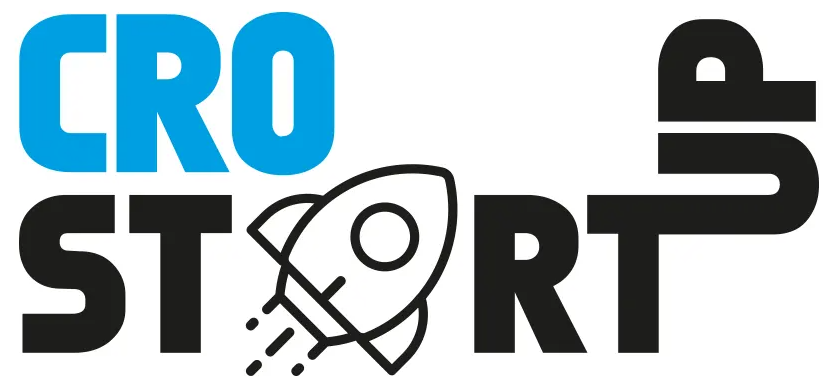

Sponsors
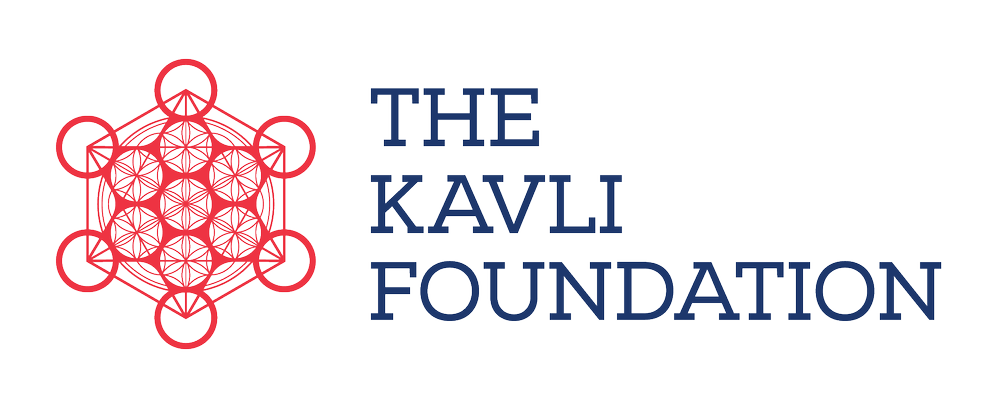
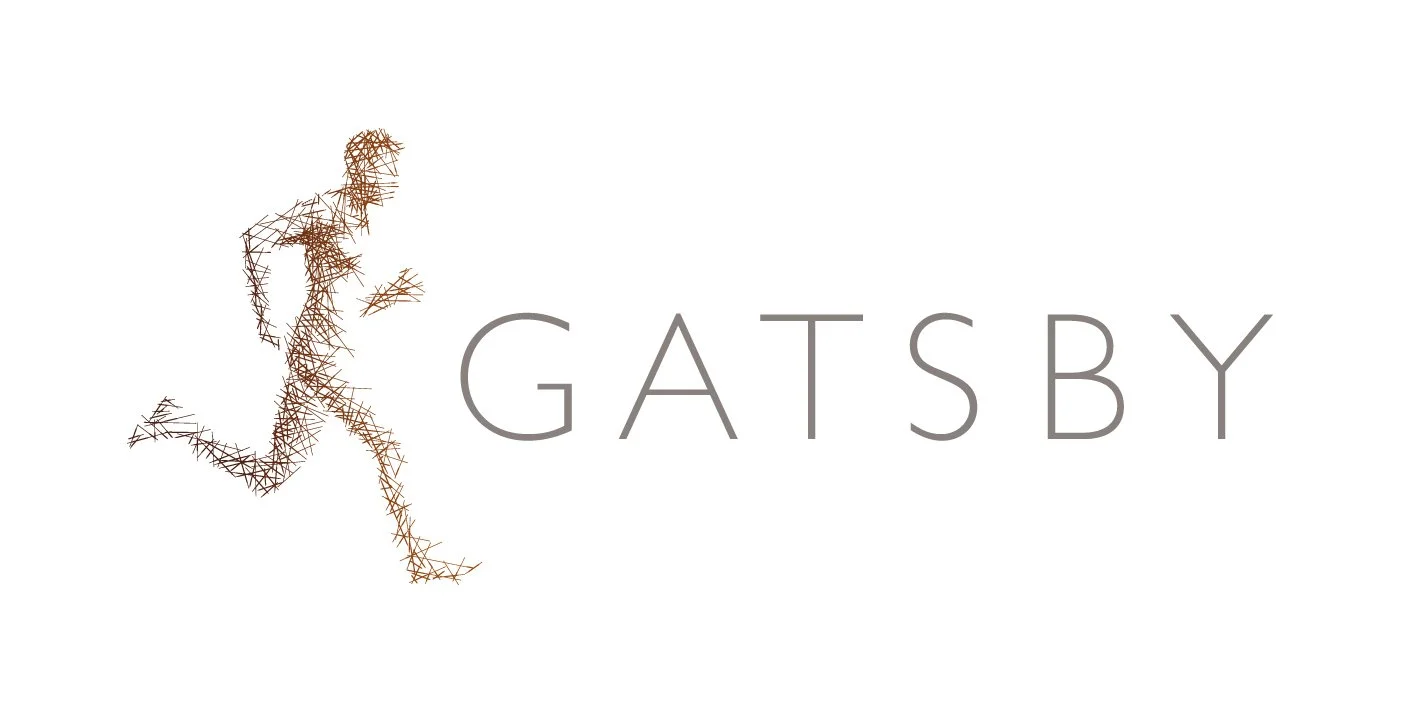





Conference Chairs
Dr Ruairidh Battleday
Center for Brain Science,
Harvard University
Center for Brains, Minds, Machines
MIT
Dr James Whittington
Sir Henry Dale Wellcome Trust Fellow
Stanford / Oxford
Member of Technical Staff
Zyphra
Professor Dan V. Nicolau Jr
King’s College London
Nuffield Department of Medicine,
University of Oxford
Dr Ivana Kajic
Google Deepmind
